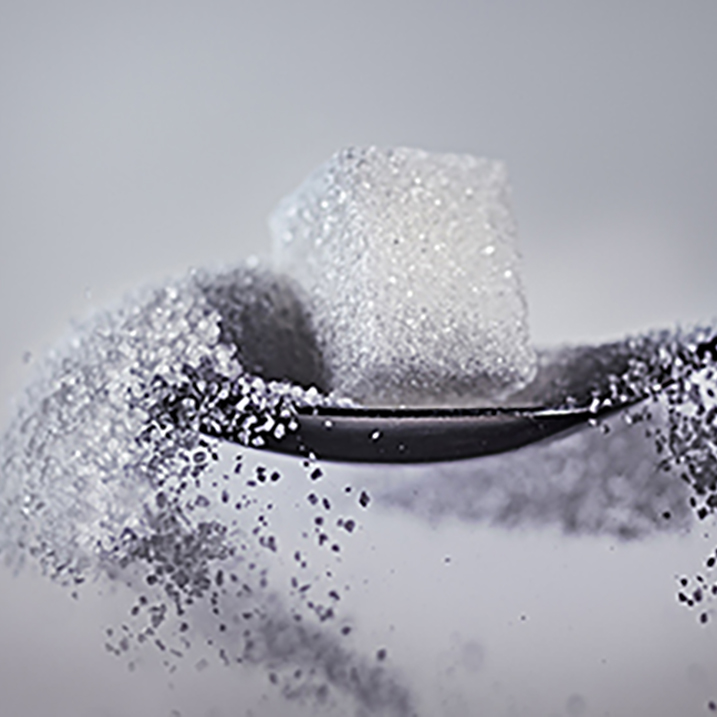The Not-So-Sweet Facts About Sugar
Posted on October 14, 2019

Sugar, Sugar, Sugar...Although we all like to enjoy a tasty treat once in a while, it’s important to keep our sugar intake in mind as overconsumption can lead to negative effects on our health. Sugary drinks, candy, baked goods and sweetened dairy are the main sources of added sugar. But even savory foods, such as breads, tomato sauce and protein bars can have added sugar, making it all too easy to end up with a surplus of the sweet stuff.
To complicate it further, added sugars can be hard to spot on nutrition labels, since they can be listed under a number of different names, such as corn syrup, agave nectar, palm sugar, cane juice or sucrose. No matter what it’s called, sugar is sugar, and it can negatively affect your body in many ways. Here’s a closer look at how sugar can mess with your health, from head to toe.
- Your Brain. Sugar releases dopamine in your brain, which causes that “gotta-have-it” feeling that makes your brain crave more and more sugar to get that same feeling of pleasure.
- Your Mood. Too much sugar can cause a quick burst of energy—a “sugar high”—that leaves you jittery and anxious as you crash.
- Your Teeth. Cavity-causing bacteria love to eat sugar, so sugar can absolutely cause tooth damage.
- Your Skin. A diet high in sugar can actually make your skin age quicker.
- Your Liver. An abundance of sugar can cause your liver to become resistant to insulin.
- Your Heart. Too much sugar in your diet can put strain on your heart.
- Your Body Weight. High sugar intake causes weight gain and puts you at risk for Type 2 diabetes.
